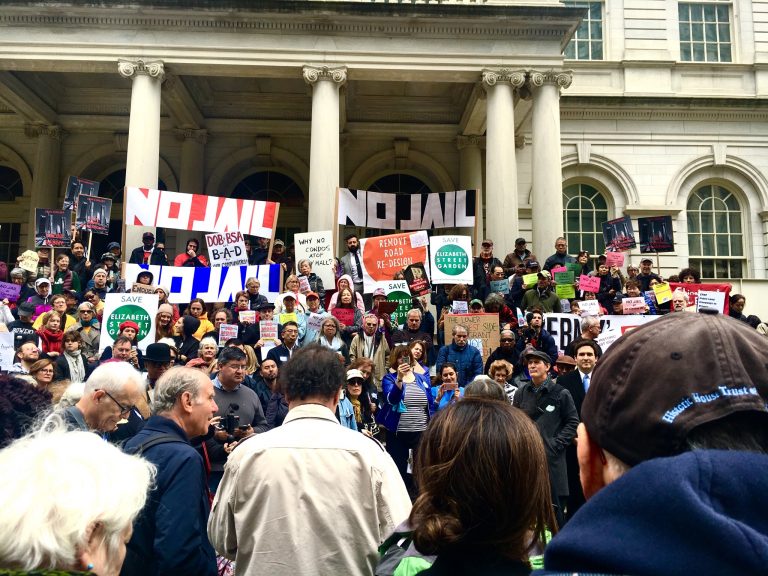This course analyzes movements for change in urban policies and institutions, especially mobilizations by groups without ready access to power through normal political channels. We begin our discussion by exploring theoretical perspectives of what we mean by “urban social movements” and the relationship between “the urban” and “social movements”. The remainder of the class examines questions of genealogies and evolution, strategies and tactics, key players, and goals and outcomes of selected urban social movements. Of particular interest is the intersectional structuring nature of power as it pertains to overlaps and disjunctures between and within urban social movements. The goal is to develop a critical eye for understanding and analyzing urban social movements and popular framings of them.
Our objectives this semester are:
- To learn about and understand the depth, diversity, and rootedness of selected urban social movements of the 20th and 21st C
- To understand the relationship between communities, social movements, urban development and urban space
- To cultivate a critical and nuanced analytic lens for understanding and assessing urban social movements
- To contend with your own relationship to urban social movements
- To contemplate the collective potentiality embedded in the work and efforts of social movements
See the top menu bar to get more information about course policies, assignments, the grading structure, see what is due when, and connect with additional resources that may be of use.


